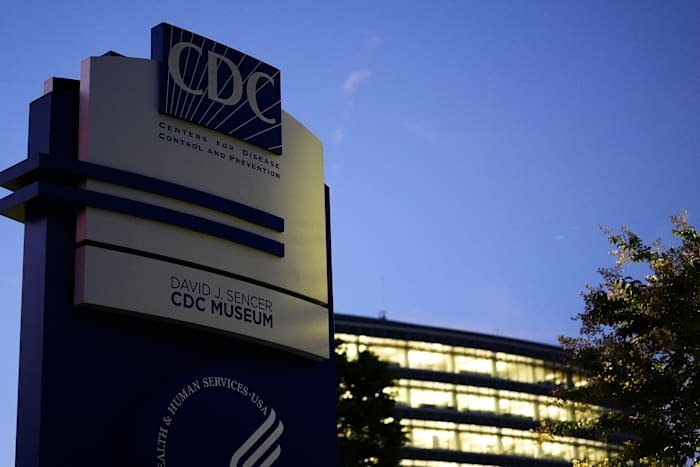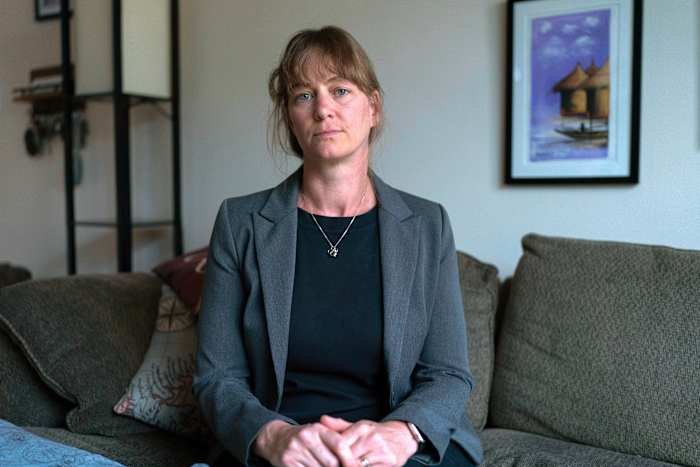Orlando, FL – In the world of medical innovation, experimental brain implants represent a beacon of hope for patients who have exhausted all other treatment options. These devices, often used to treat severe neurological disorders like epilepsy, Parkinson’s disease, and treatment-resistant depression, are the result of years of research and significant financial investment. However, recent funding cuts by the National Institutes of Health (NIH) are casting a long shadow over the future of these life-changing technologies. The impact is being felt not just at a national level, but also here in the Orlando community, where patients and research centers stand at a critical crossroads.
The Promise and Peril of Experimental Brain Implants
For many patients, experimental brain implants are not just another treatment—they are their last hope. After traditional medications and therapies have failed, these innovative devices can offer renewed quality of life. In Orlando, institutions like the University of Central Florida (UCF) and local hospitals have participated in clinical trials aimed at improving brain health through technology. Patients involved in these studies often report dramatic improvements, such as the reduction of debilitating seizures or the return of lost motor functions.
Yet, the “experimental” label brings uncertainty. These devices require ongoing monitoring, software updates, and sometimes even device replacements. Patients rely on the continued support of research teams, many of whom are funded by NIH grants. Without this crucial backing, not only do future trials hang in the balance, but so does the ongoing care of those already implanted with these devices.
NIH Cuts: The Ripple Effect in Our Community
The recent NIH funding cuts have sent shockwaves through the medical research community nationwide. Orlando is no exception. The region is home to several neuroscience centers and public research universities that depend heavily on federal support to pursue groundbreaking studies and provide follow-up care to trial participants. The loss of funding means fewer resources for ongoing research and, more alarmingly, for the maintenance and support of patients with existing implants.
For Orlando families, this can translate into longer wait times for appointments, reduced access to specialists, or even the discontinuation of important follow-up visits. In some cases, researchers may be forced to end trials prematurely, leaving patients without the support they were promised when they first agreed to participate.
The Hidden Crisis: Patients Caught in Limbo
Perhaps the most overlooked consequence of NIH budget reductions is the plight of patients already living with experimental brain implants. These individuals are, in many ways, medical pioneers. They consented to participate in research not just for their own benefit, but to help advance science for future generations. In return, they were assured ongoing monitoring and support—critical for both their safety and the scientific value of the trials.
Now, as funding dries up, many patients are left in limbo. Will they continue to receive the care they need? What happens if their device malfunctions or needs software updates? For Orlando residents, the anxiety is compounded by the knowledge that local providers may not have the resources to fill the gap left by federal funding. This hidden crisis is one that demands urgent attention from policymakers, healthcare providers, and the broader community.
Orlando’s Role and the Road Ahead
Orlando has long positioned itself as a leader in medical research and innovation, with institutions like AdventHealth, Orlando Health, and UCF at the forefront of neuroscientific discovery. The city’s growing tech sector and collaborative spirit make it an ideal hub for cutting-edge medical trials. However, the NIH cuts threaten to undermine this progress, potentially slowing down local research initiatives and deterring top talent from coming to the area.
There are, however, reasons for hope. Community advocacy can play a powerful role in highlighting the importance of continued funding for experimental treatments. By raising awareness of the impact on Orlando patients and research centers, local leaders can make a compelling case for restoring and even expanding support for these vital programs. In addition, partnerships between hospitals, universities, and private industry may help bridge some of the funding gaps, ensuring that Orlando remains at the forefront of brain health innovation.
Conclusion: Your Voice Matters
The NIH cuts represent more than just a budgetary adjustment—they are a call to action for communities like Orlando that are invested in medical progress and patient care. The hidden crisis facing patients with experimental brain implants is real and growing, but it is not insurmountable. By coming together to support local research, advocate for funding, and share our stories, we can help ensure that hope remains alive for those who need it most.
Have you or a loved one been affected by changes in medical research funding? Do you have thoughts on how Orlando can support patients and innovation in neuroscience? Share your experiences and ideas in the comments below—we want to hear from you!
















